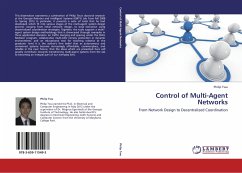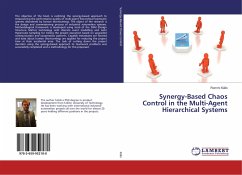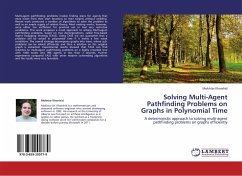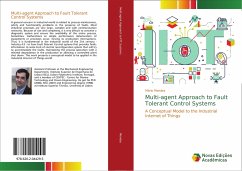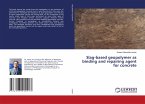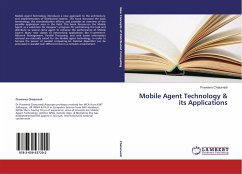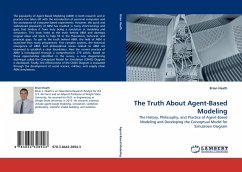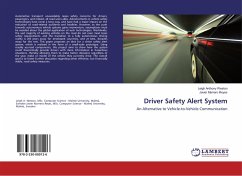This dissertation represents a culmination of Philip Twu's doctoral research at the Georgia Robotics and Intelligent Systems (GRITS) Lab from Fall 2008 to Spring 2012. In particular, it presents a suite of tools that he had developed which fit into various stages of the multi-agent system design process: ranging from initial network design, to local execution using decentralized coordination strategies. Together, the tools support a multi-agent system design methodology that is showcased through examples in three application domains: air traffic merging and spacing under the FAA's NextGen program, collaborative multi-UAV convoy protection in dynamic environments, and an educational tool for teaching robotics at the graduate level. It is the author's firm belief that as autonomous and unmanned systems become increasingly affordable, commonplace, and reliable in the near future, that the ideas which are presented here will greatly contribute towards transitioning multi-agent systems from the lab to becoming an integral part of our everyday lives.
Bitte wählen Sie Ihr Anliegen aus.
Rechnungen
Retourenschein anfordern
Bestellstatus
Storno

